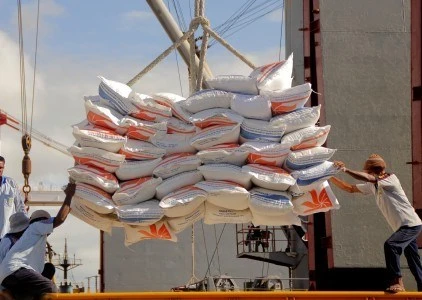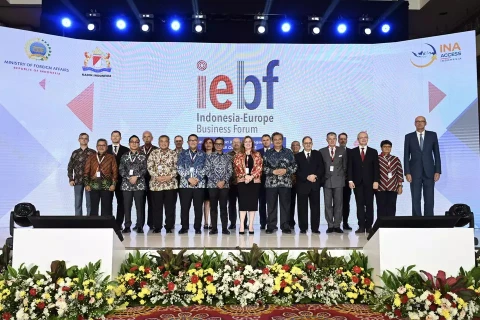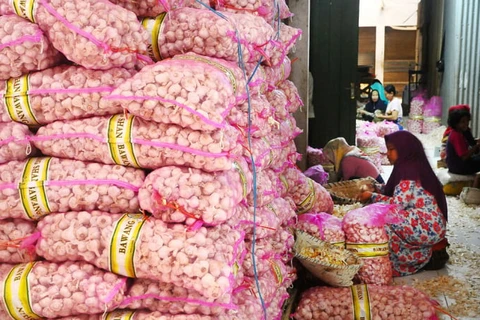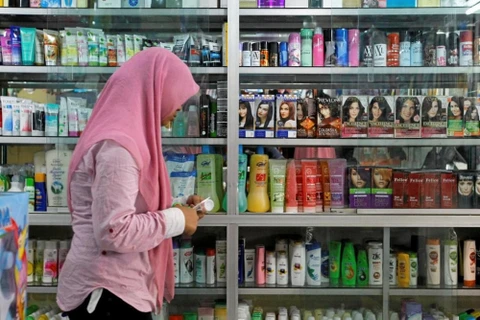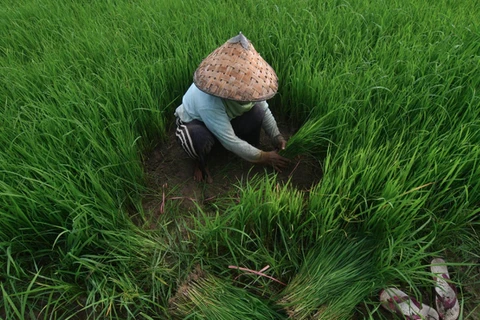Jakarta (VNA) – Indonesia is working to strengthen locally-made products, including those produced by micro, small, and medium enterprises (MSMEs), by implementing four economic policies, an official has said.
President Joko Widodo has even affirmed that 40% of the state budget spending will be allocated for purchasing domestic products from MSMEs, Minister of Cooperatives and SMEs Teten Masduki said in a statement released on October 24.
Through the import substitution policy, Indonesia will no longer need to import the products it can produce to meet domestic needs, Masduki noted.
He added products made by foreign companies in Indonesia should have a domestic component level of 40%, and they are also obligated to partner with local firms.
The second policy to protect local business players is the downstreaming and industrialisation of natural resources. It is not only for large-scale companies but must also involve local MSMEs. This policy also prohibits the export of raw mining products, which must be processed domestically to increase added value and create jobs.
The third policy is improving MSMEs' access to financing as the current share of banking credit for MSMEs is only 21%, far lower when compared to Thailand and Malaysia where it is already above 40%.
The fourth economic policy pertains to digital transformation, which regulates four aspects: platforms for businesses, the flow of imports of consumer goods, the trading system, and the competitiveness of domestic MSME products, according to the minister./.
President Joko Widodo has even affirmed that 40% of the state budget spending will be allocated for purchasing domestic products from MSMEs, Minister of Cooperatives and SMEs Teten Masduki said in a statement released on October 24.
Through the import substitution policy, Indonesia will no longer need to import the products it can produce to meet domestic needs, Masduki noted.
He added products made by foreign companies in Indonesia should have a domestic component level of 40%, and they are also obligated to partner with local firms.
The second policy to protect local business players is the downstreaming and industrialisation of natural resources. It is not only for large-scale companies but must also involve local MSMEs. This policy also prohibits the export of raw mining products, which must be processed domestically to increase added value and create jobs.
The third policy is improving MSMEs' access to financing as the current share of banking credit for MSMEs is only 21%, far lower when compared to Thailand and Malaysia where it is already above 40%.
The fourth economic policy pertains to digital transformation, which regulates four aspects: platforms for businesses, the flow of imports of consumer goods, the trading system, and the competitiveness of domestic MSME products, according to the minister./.
VNA

